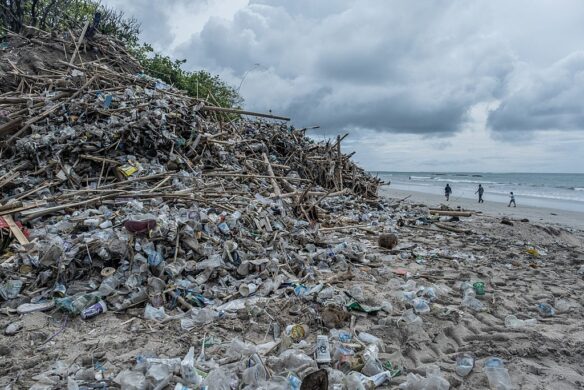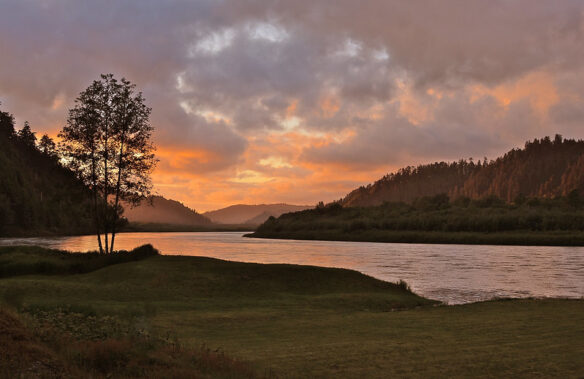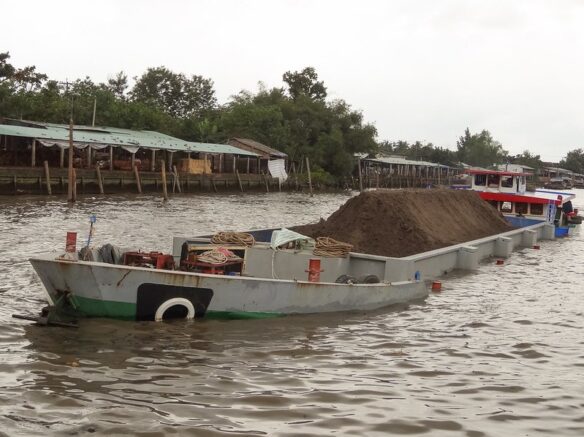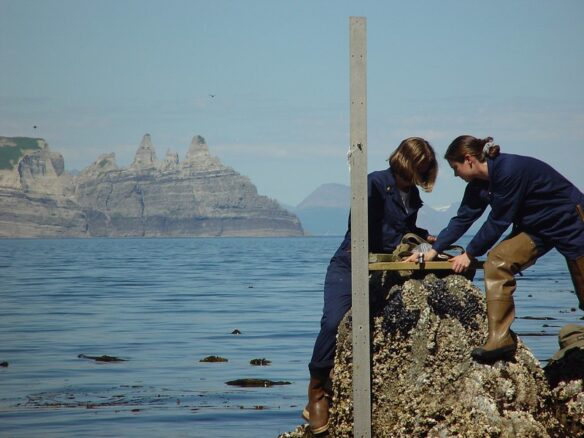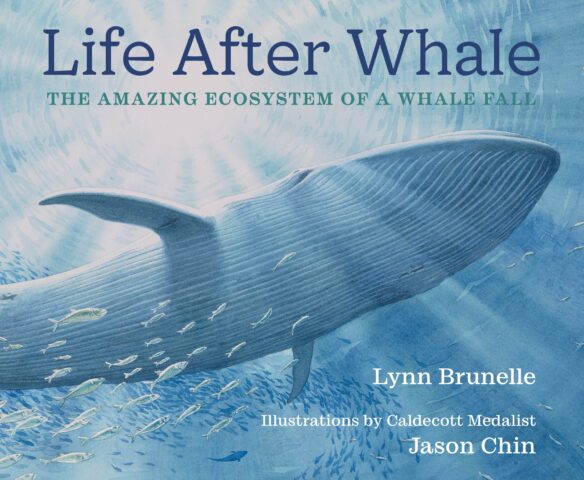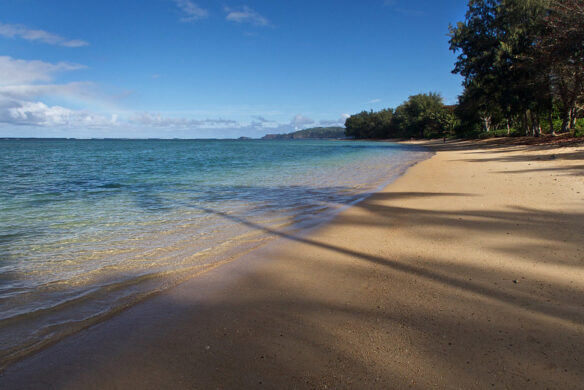
Sand barges, Hong Kong, South China Sea. Photograph: © SAF — Coastal Care.
As of 2011-2012, when investigative filmmaker Denis Delestrac and team, were first collecting and unveiling sand mining datas and information from the professionals involved, they found and reported that “the Sand business was estimated to be a $70 billion industry, worldwide…! Sand is the second most consumed natural resource, after water…” —Denis Delestrac -(©-2013) “Sand Wars” Multi Award-Winning Filmmaker.
Excerpts;
Sand mining accounts for 85 percent of all worldwide mineral extraction, a $70 billion industry. In Cambodia, the practice is big business — but it comes with a price. The country relies upon the Mekong River for commerce and transportation, but extensive dredging to harvest sand is fundamentally changing its ecosystem and eroding its banks.
Special correspondent Fred de Sam Lazaro reports…
Read Full Article; PBS (09-18-2019)
Sand Storm: $750 Million Worth of The Material is Unaccounted For in Cambodia; RFA (11-02-2016)
Nearly 50 civil society organizations called for the Cambodian government to join some other Southeast Asian nations and ban or severely restrict exports of sand to Singapore after it was revealed that nearly $750 million worth of the building material has disappeared from the country…
Singapore’s data mirrors UN’s on Cambodia’s sand export numbers; The Phon Penh Post (10-19-2016)
Singaporean customs data on sand imports from Cambodia show near identical figures to those recorded by the UN, which last month were dismissed by a top official amid a reporting discrepancy in the hundreds of millions of dollars. The UN data showed $752 million in imports of sand from Cambodia since 2007, despite Cambodia reporting only about $5 million in exports to Singapore…
Cambodia digs into sand mining industry as beaches vanish, Reuters (11-05-2016)
Cambodian officials have promised to investigate problems in the sand mining business following complaints from fishermen that dredgers have been stealing the shore beneath their boats on an industrial scale…The ministry’s move came after the release of U.N. trade data compiled by campaigners this week, showing Singapore has imported more than 72 million tons of Cambodian sand since 2007…
Cambodia’s villagers lose ground – literally – to Singapore’s expansion; CSM (10-21-2016)
Singapore is buying tens of millions of tons of sand for its land reclamation projects. Their dredging is destroying Cambodia’s coastal mangrove forests, and fishermen’s livelihoods with them. But the villagers are pushing back…
How Sand Became One of Phnom Penh’s Hottest Commodities, Cambodia; Next City (09-08-2014)
Built on Sand: Singapore and the New State of Risk; Harvard Design Magazine (09-07-2015)
Global Witness, Shifting Sands, Singapore
Shifting Sand: how Singapore’s demand for Cambodian sand threatens ecosystems and undermines good governance
Sand, Rarer Than One Thinks: A UNEP report (GEA-March 2014)
Despite the colossal quantities of sand and gravel being used, our increasing dependence on them and the significant impact that their extraction has on the environment, this issue has been mostly ignored by policy makers and remains largely unknown by the general public.
In March 2014 The United Nations released its first Report about Sand Mining: “Sand, Rarer Than One Thinks.”
“Sand Wars” film documentary by Denis Delestrac – first broadcasted on the european Arte Channel, May 28th, 2013 in its french version: “Le Sable: enquête sur une disparition”, where it became the highest rated documentary for 2013 – expressly inspired the United Nations Environment Programme (UNEP) to publish this 2014-Global Environmental Alert.
Sand Is in Such High Demand, People Are Stealing Tons of It, By Dave Roos; HowStuffWorks (03-06-2017)
As strange as it may sound, sand is one of the world’s hottest commodities. The global construction boom has created an insatiable appetite for sand, the chief ingredient for making concrete. The problem is that sand isn’t as abundant as it used to be. And when high demand and high value meets scarcity, you open the doors to smuggling…
The Conservation Crisis No One Is Talking About, By John R. Platt, TakePart (09-21-2016)
Beaches around the world are disappearing. No, the cause isn’t sea-level rise, at least not this time. It’s a little-known but enormous industry called sand mining, which every year sucks up billions of tons of sand from beaches, ocean floors, and rivers to make everything from concrete to microchips to toothpaste…
Demand for sand: the largest mining industry no one talks about; Inhabitat (05-23-2019)
The world’s largest and perhaps most destructive mining industry is rarely discussed. Approximately 85 percent of all material mined from the earth is a simple and widely available resource: sand. Because it is so cheap and readily available, it is mined by everyone from guy with a shovel, to multi-million dollar machine operations.
The world is running out of sand, The New Yorker (05-29-2017)
Sand Wars, An Investigation Documentary, By Award-Winning Filmmaker Denis Delestrac (©-2013)
Is sand an infinite resource? Can the existing supply satisfy a gigantic demand fueled by construction booms? What are the consequences of intensive beach sand mining for the environment and the neighboring populations…? This investigative documentary takes us around the globe to unveil a new gold rush and a disturbing fact: the “Sand Wars” have begun…
Cambodia Sand Mining: Learn More, Coastal Care
Global Sand Mining: Learn More, Coastal Care
BE THE CHANGE:
PETITION: Take Action To End Global Beach Sand Mining, Coastal Care
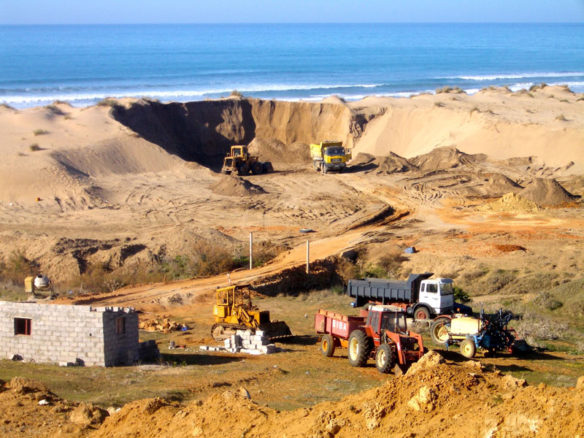
Illegal beach and dune sand mining operations, near Tangier, Morocco. Photograph: © SAF — Coastal Care

